Category Archives: Recycle

Just to put a dampener on your Valentine’s Day, those roses you just bought your girlfriend have helped contribute some 9,000 metric tons of CO2 emissions. Up to 100 million roses are grown each year for Valentine’s Day, contributing more in carbon emissions than most other crops. This is mainly due to the fact that they have to be grown in tropical climates, flown around the world, then transported in temperature-controlled trucks before they can reach your loved one. It doesn’t even make a difference if you buy closer to home. A study at the University of Cranfield, England, has shown that 12,000 roses from Kenya emit 13,200 pounds of CO2, while the same amount grown in nearby Holland are responsible for 77,150 pounds of the gas. Let’s not even get started on the amount of water they consume, and the fertilizers used to make them grow fast and strong.
Continue reading 
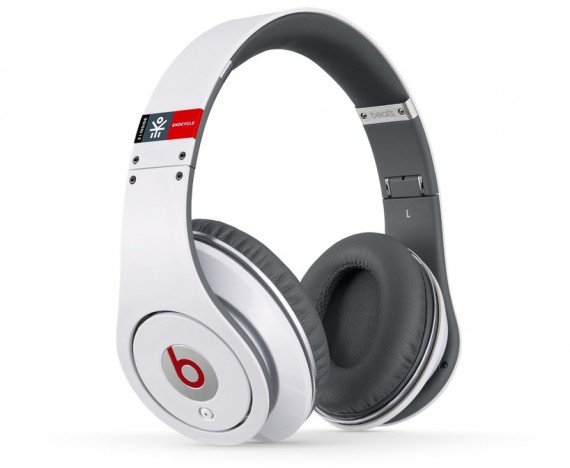
Will I Am and Coca Cola have teamed up on an upcycle initiative to educate consumers about waste and recycling. Their new brand ‘ekocycle’, features a funky range of clothing, headphones and smartphone cases made almost entirely from waste plastic and aluminum. Their ‘beats by dre’ headphones are a fusion of quality sound, technology and PET plastics – although they only contain a disappointing 31% of upcycled materials – more of a token gesture than significant step towards serious upcycling.
Continue reading 
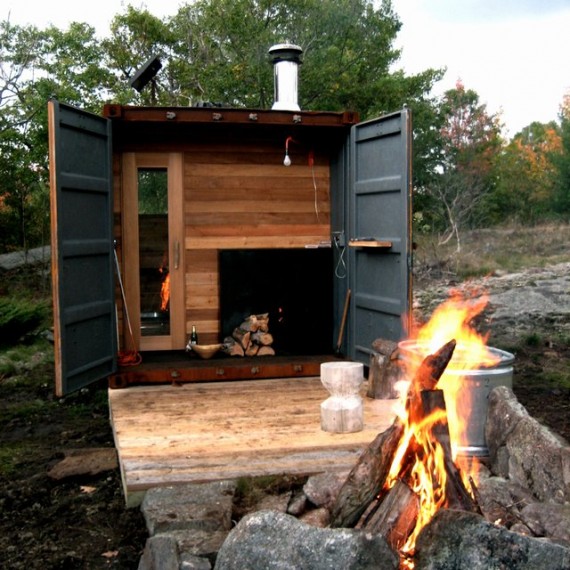
Shipping containers have always been a particularly “huge” mess to clean up once retired. However, abandoning these in shipping yards certainly isn’t the best way to put these large chunks of metal to rest. The Canadian design studio Castor Canadensis has come up with a fantastic way to recycle old shipping containers, turning them into traditional wood-burning steam baths called Sauna Boxes.
Continue reading 
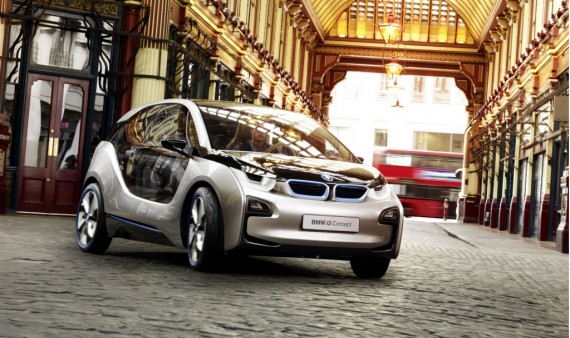
Carbon fiber, better known has one of the strongest and lightest materials used to build stuff today, is quickly finding its place in more and more applications besides the automobile industry. Currently, German automobile giant BMW, uses carbon fiber in the manufacture of the M3, M5 and M6 models. The company also plans to use full carbon fiber passenger cells for the i3 electric car and the i8 plug-in hybrid-electric sports car in the future. With all of this, the disposal or recycling of carbon components arises.
Continue reading 
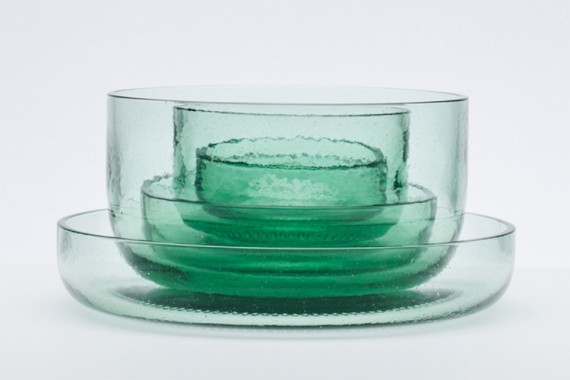
Planning to throw away that empty bottle of Cola? Well, stop and think again. This usually disposed item could easily be given a new life and recycled into an eye-catching piece of modern dishware, using a bit of innovation and creativity. Design studio Nendo recently unveiled the Bottleware concept, a range of beautifully crafted dishware made from empty glass Coca Cola bottles.
Continue reading 
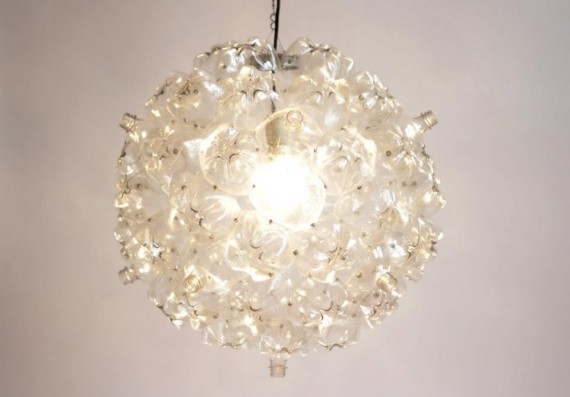
There are indeed better ways to put your household waste to rest instead of having it all dumped inside waste bins. The concept of recycling and upcycling waste is quickly catching on. Recently, we came across this eye-catching innovation; a lighting solution to be precise called the Bubble Chandelier. Made completely from post-consumer soda bottles, the Bubble Chandelier is made from 60 two-liter soda bottles and is inspired by the cell-like shape of soap bubbles.
Continue reading 
Today, several tons of waste plastic choke our seas and oceans. These piles of floating plastic waste have diverse effects on marine life and the eco-system as a whole. Helping clear the mess and keep our oceans from an ecological breakdown, a company called Method has just unveiled its dish and hand-wash soap, contained in recycled bottles. These bottles are made from recycled plastic found in oceans. Combining these plastics, a grey resin is developed which is then used to make these eco-friendly bottles.
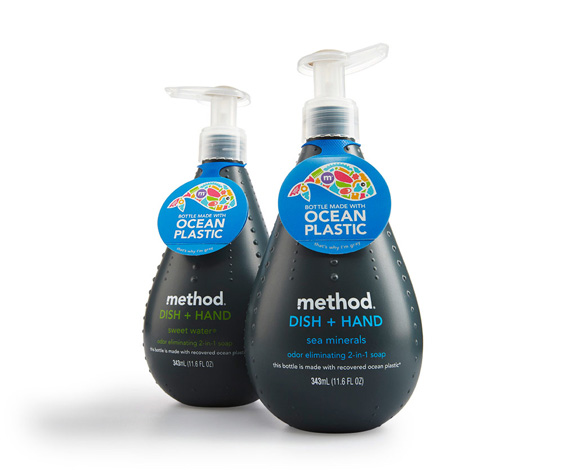
Continue reading 
The company Levi’s has been known for the clothing it manufacturers, particularly jeans. The company has now taken a greener turn and has announced the “Waste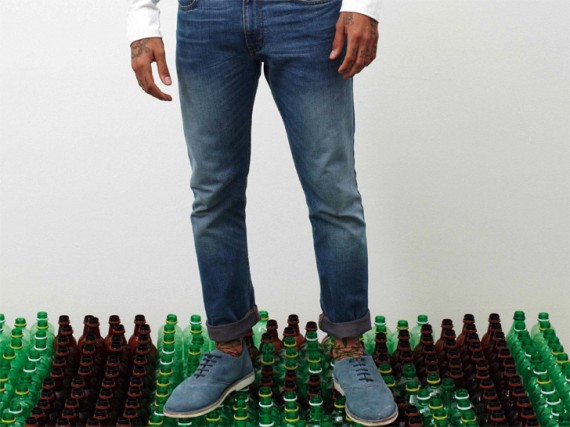
Continue reading 
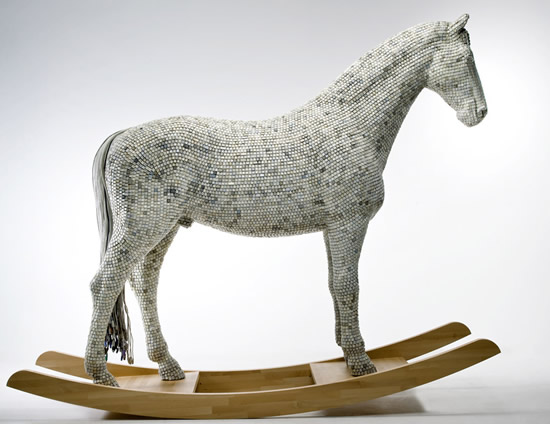
When the Greeks tried sneaking into the Troy stronghold, they used wood to build a horse. However, building horses from wood isn’t the best idea today, given the fact that greenery these days is disappearing quicker than ever. So when German artist Babis Cloud came up with the ‘HedonIsM(y) Trojaner’, he decided to ditch wood and make use of recycle computer keyboard buttons instead! Cleverly arranging the keys to for an ivory-white gradient, this Trojan horse version also features a rocker. The installment not only brings to light the Greek tale, but also the Trojan Horse virus on the internet, which has been leaving computer users world-over scratching their brows.
Continue reading 
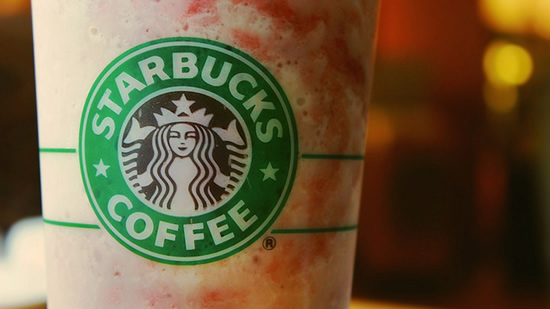
Starbucks has just come up with an innovative way to put to use all the stale food and coffee grinds it generates on a daily basis in Hong Kong, recycling it all into laundry detergent! Using a biorefinery that essentially segregates waste food and recycling it all into bio-plastics and laundry detergents, the initiative is being put into place to help the coffee house chain reduce its carbon footprint and uses a process wherein fungi is mixed into stale food, which in turn breaks down the carbohydrates into simple sugar. The resultant blend is then fermented into succinic acid, an important ingredient in laundry detergent, plastic and medicine manufacturing. With about 5,000 tons of waste food from Starbucks ending up in garbage bins annually, the move is bound to help reduce its carbon footprint substantially.
Continue reading 










